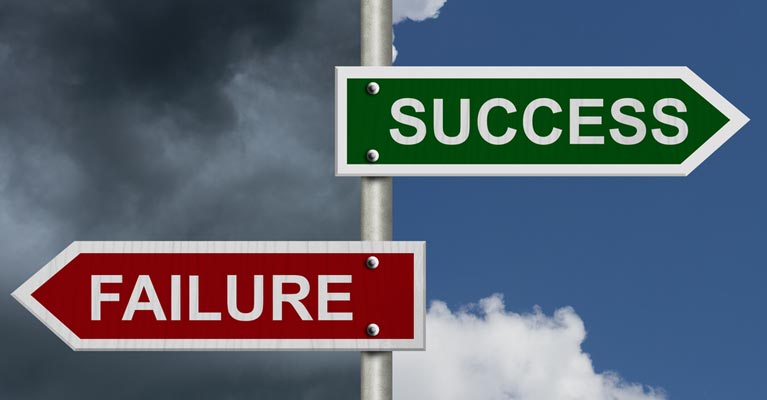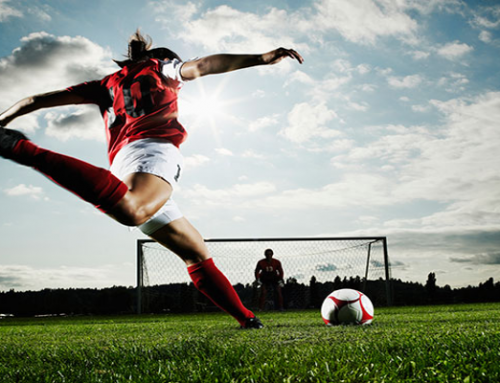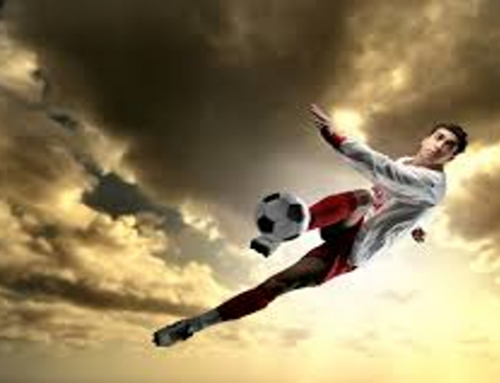Every soccer player fails at some point. Failure, whether through mistake, through a lost game, or through a bad training session, is an inevitable part of the game. A distinguishing feature of those who progress is that they are fantastic at dealing with failure. Here’s a quick guide on how to deal with a setback.
The brain loves to bookmark failure. Why? Because it’s leaving a permanent reminder to not do whatever you did again. It’s saying “don’t give the ball away again” or “Don’t miss a great chance like that again”. It does this because it knows the pain you feel when something bad happens on the pitch.
Interestingly, what research has shown is that we tend to misjudge the impact a negative event has on us. Specifically, we tend to overestimate the negative impact of a ‘bad’ event. So if a soccer player performs badly she’ll tend to put a whole pile of emotional resources into the manner in which she performed. “I was so bad, I odn’t think I’ll ever play well again.” She’ll blow a setback up in her mind and use it as a clue for future performance.
This is something psychologists Daniel Gilbert and Timothy Wilson have studied extensively – they call it an ‘impact bias.’ In soccer terms their research suggests that soccer players will make their failures big and bold and bright in their mind.
Our soccer players need to do something about this. They need to tune out from their failures and turn down the volume of the consequences of setbacks. And I have a simple 3 step, 3R process to help them do this:
Rationalise: Manage your inner voice after a failure: “I’m disappointed but I’m going to play poorly sometimes. I don’t want to make mistakes but I’m going to make mistakes. Failure is a part of playing freely. It’s a part of taking risks and a part of putting in effort.”
Recall best bits: Take a little time to try to remember what did go well during the game. Even if it’s only one minute thing – a nice touch, quick turn or pinpoint pass or cross. Strive to keep an inner picture of this as a reminder for what youcan do.
Re-focus on mastery: Remind yourself that games come and go. It’s focusing on developing your game that’s important. As I have said in another post – the best mindset to have is a ‘get better’ mindset rather than a ‘be good’ mindset (Check out the blog ‘Helping Players Grow – Helping Players Grow)



